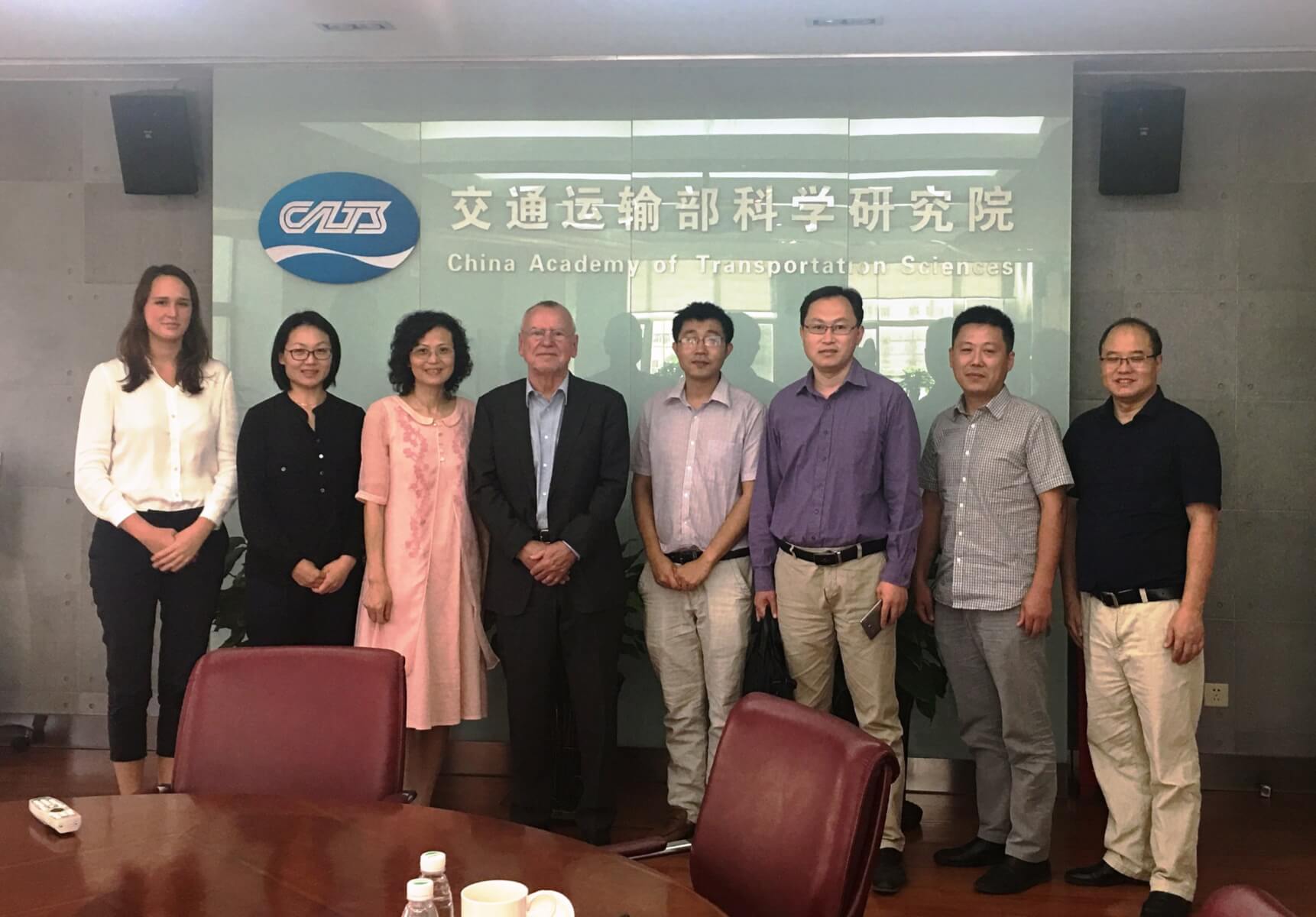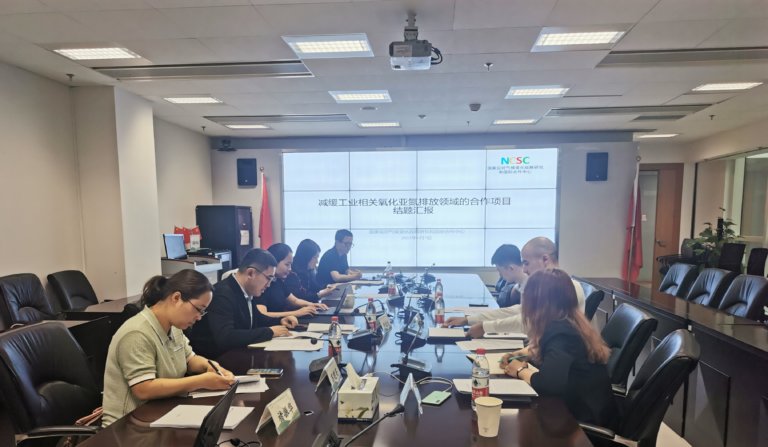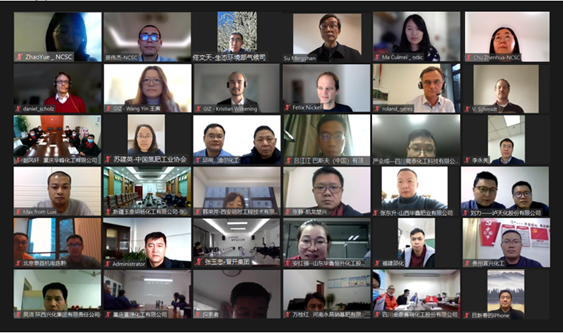11 September 2017 – In order to explore economic policy instruments to reduce greenhouse gas emissions in the transport sector, the projects Capacity Building for ETS in China and Cooperation on Low Carbon Transport from the Deutsche Gesellschaft für Internationale Zusammenarbeit (GIZ), as well as the China Academy of Transport Sciences (CATS) jointly organized a workshop on ‘ Emissions Trading – an economic instrument to reduce transport carbon emissions?’ in Beijing.
The keynote speech was made by Dr. Hans-Joachim Ziesing, Senior Research Associate of the German Institute for Economic Research (DIW Berlin) who advised the German Government on the EU Directive on Emissions Trading and on the design of Germany’s National Allocation Plans for the first and second trading periods. Furthermore, Mr. Fang Hai, Director of Energy Conservation and Emission Reduction in the Transport Sector of the Ministry of Transport (MoT) and Prof. Xu Ping, strategy and policy developer at CATS provided expert input.
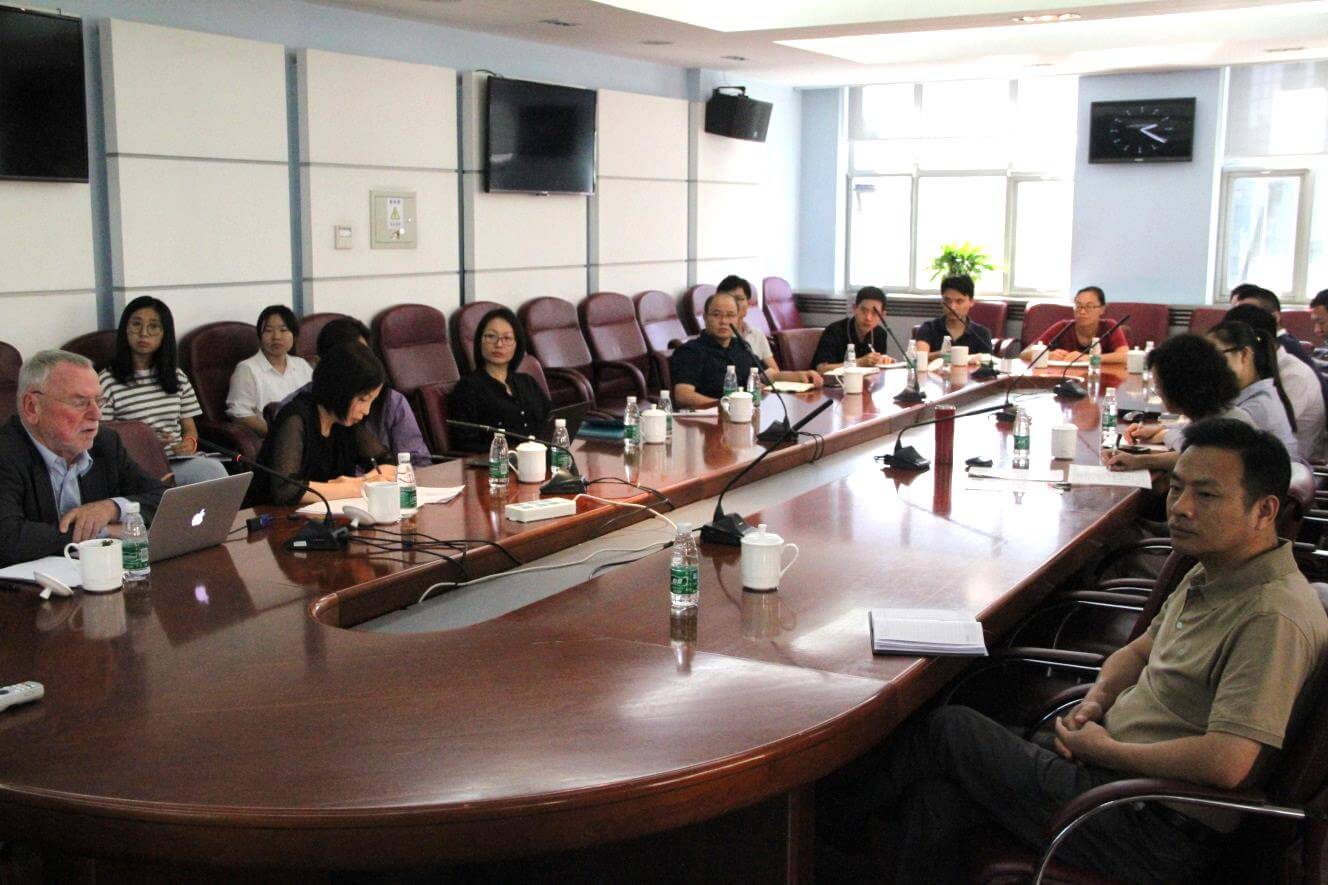
The rising trend of mobility and transportation demands in China account for a substantial proportion of CO₂ emissions, which makes it vital to include the transport sector in national emission mitigation efforts. The workshop covered the economic basics of the design and implementation of an ETS as an effective market-based policy instrument and highlighted challenges posed by the inclusion of the transport sector. Downstream ETS, such as the EU ETS and the upcoming national ETS in China are not suitable for the road transport sector, due to the vast number of car drivers and associated high transaction costs. Instead, a hybrid system including upstream regulation might be a more feasible approach, but issues such as double-counting or adverse policy interactions need to be considered.
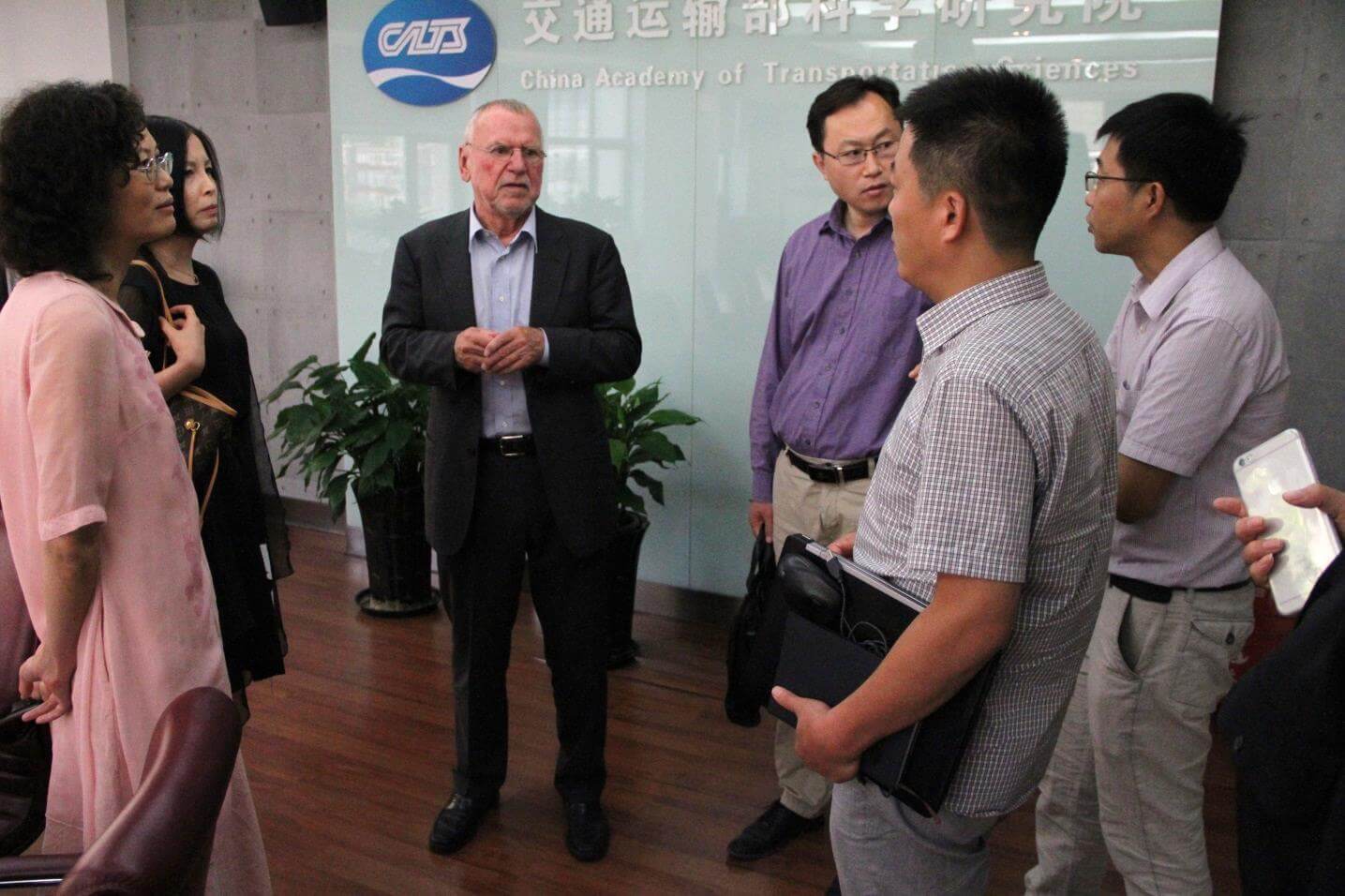
During the workshop,the participants discussed opportunities for other parts of the transport sector to be included in an ETS, such as water shipping and railway networks. The design of monitoring, reporting and verification (MRV) procedures and the advantages of independent verification authorities were also topics of discussion. CATS highlighted the necessity to include the transport sector in China’s emission mitigation efforts and will continue to explore appropriate policy options.
